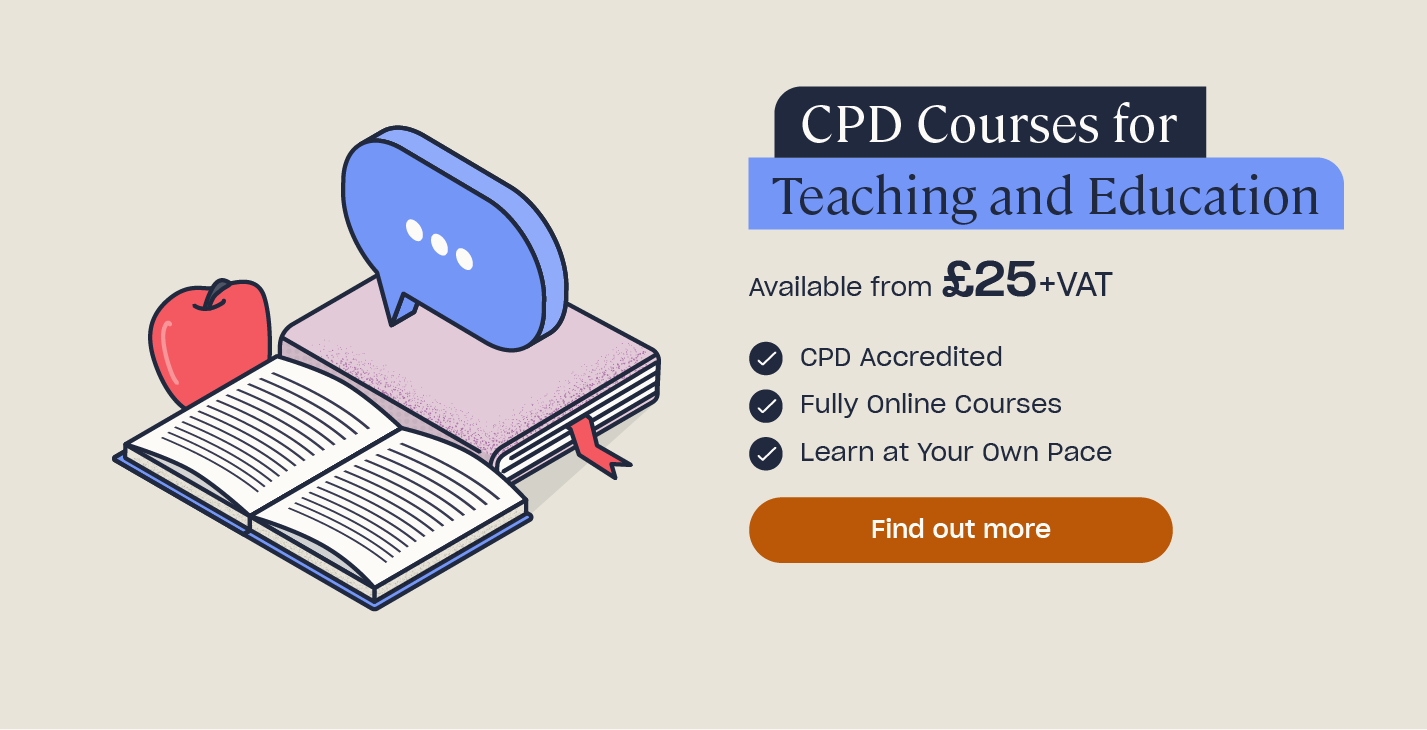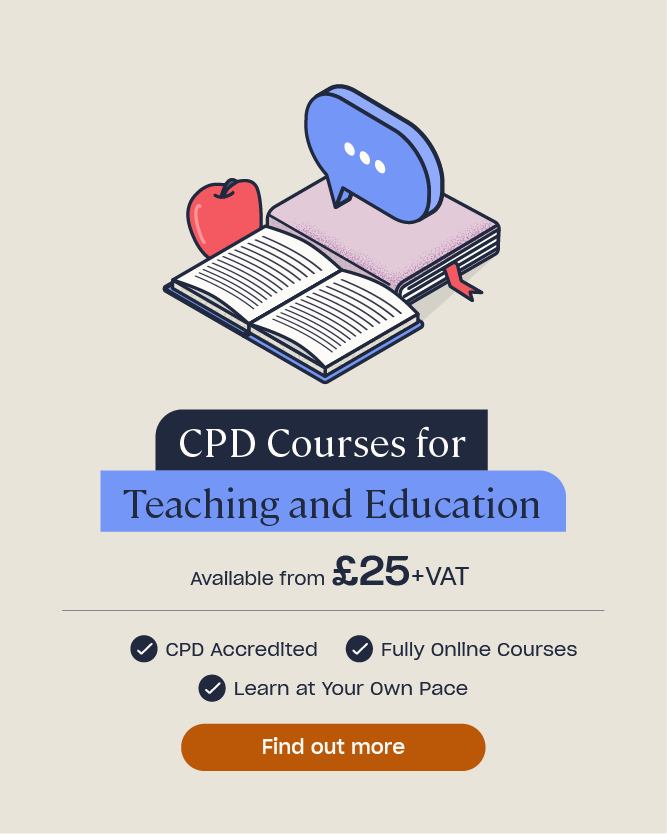Early Years Foundation Stage (EYFS) Framework
The Early Years Foundation Stage (EYFS) framework sets the standards and requirements for learning and development, safeguarding and welfare in early years setting in England. All those who work with young children should have an understanding of the EYFS framework and it’s vital that that understanding is kept updated with any changes. The government recently updated the EYFS framework and these changes will come into effect from September 2025. In this article we will outline everything you need to know about the changes for 2025.
What is the Early Years Foundation Stage (EYFS) Framework?
The EYFS framework is a statutory framework that sets the standards that schools and childcare providers must meet for the learning and development and care of children from birth to 5. The EYFS framework:
- Sets the standards that all early years providers must meet to ensure that children learn and develop well.
- Ensures children are kept healthy and safe.
- Ensures children have the knowledge and skills they need to start school.
The EYFS framework also includes information on the qualifications that staff must hold to be included in the specified staff:child ratios.
There are 2 statutory EYFS frameworks:
- EYFS statutory framework for childminders
- EYFS statutory framework for group and school-based providers

EYFS Statutory Framework Changes
The EYFS framework was updated in 2025 with changes coming into effect from 1st September 2025. Below you will find a summary of the key changes made to the framework. You can read the framework in full for childminders here and in full for groups and school-based providers here.
The EYFS framework is comprised of three sections.
Section 1: Learning and Development Requirements – This sets out what childminders and group and school-based providers must do to promote the learning and development of all children in their care.
Section 2: Assessment – This sets out the assessment requirements childminders and group and school-based providers must meet as well as guidance on assessment.
Section 3: Safeguarding and Welfare Requirements – This sets out the necessary steps providers must take to create a setting where children can enjoy learning, grow in confidence and be safe and well.
The 2025 EYFS framework has added to or updated the following areas of Section 3.
Safeguarding Training, Policies and Procedures 
Safeguarding policies must now also include:
- Procedures to follow to check the suitability of new recruits.
- Details of how safeguarding training is delivered and how practitioners are supported to put this into practice.
Whistleblowing 
Providers/childminders must have appropriate whistleblowing procedures in place to ensure staff, students and volunteers can raise concerns about poor or unsafe practice in the setting’s safeguarding provision. Procedures must include when and how to report concerns and the process that will be followed after concerns have been reported. Providers/childminders must ensure that staff are aware of the setting’s whistleblowing procedures and must ensure all staff feel able to raise concerns about poor or unsafe practice and know that such concerns will be taken seriously by the senior leadership team.
Where a staff member feels unable to raise an issue with their employer, or feels that their genuine concerns are not being addressed, they should use the other channels open to them.
Child Absences 
Providers/childminders must follow up on absences in a timely manner. If a child is absent for a prolonged period of time, or if a child is absent without notification from the parent or carer, attempts must be made to contact the child’s parents and/or carers and alternative emergency contacts. Providers/childminders must consider patterns and trends in a child’s absence and their personal circumstances and use their professional judgement when deciding if their absence should be considered as prolonged. Consideration must be given to the child’s vulnerability, parent’s and/or carer’s vulnerability and their home life. Any concerns must be referred to local children’s social care services and/or a police welfare check requested.
Providers/childminders must have an attendance policy that they share with parents and/or carers. This must include expectations for reporting child absences and the actions that the provider/childminder will take if a child is absent without notification or for a prolonged period of time.
Safer Recruitment – References 
Providers/childminders who are employing assistants must obtain a reference before employment. They should:
- Not accept open references e.g. ‘to whom it may concern.’
- Not rely on applicants to obtain their reference.
- Ensure references are from the candidate’s current employer, training provider or education setting and have been completed by a senior person with appropriate authority.
- Not accept references from a family member.
- Obtain verification of the individual’s most recent relevant period of employment where the applicant is not currently employed.
- Secure a reference from the relevant employer from the last time the applicant worked with children (if not currently working with children). If the applicant has never worked with children, then ensure a reference is from their current employer, training provider or education setting.
- Ensure electronic references originate from a legitimate source.
- Contact referees to clarify content where information is vague or insufficient information is provided.
- Compare the information on the application with that in the reference and take up any discrepancies with the applicant.
- Establish the reason for the applicant leaving their current or most recent post, and ensure any concerns are resolved satisfactorily before appointment is confirmed.
References should be provided for previous employees upon request in a timely manner. When asked to provide references, providers/childminders should ensure the information confirms whether they are satisfied with the applicant’s suitability to work with children and provide the facts (not opinions) of any substantiated safeguarding concerns/allegations that meet the harm threshold (the harm test is explained in the Disclosure and Barring Service guidance). They should not include information about concerns/allegations which are unsubstantiated, unfounded, false or malicious.
Staff:Child Ratios 
Suitable students on long term placements, volunteers aged 17 or over and staff working as apprentices in early education aged 16 or over, may be included in the staff:child ratio at the level below their level of study if:
- The provider/childminder is satisfied that they are component and responsible
- They hold a valid and current Paediatric First Aid (PFA) qualification
Food and Drink 
Where children are provided with meals, snacks and drinks, these must be healthy, balanced and nutritious. To understand how to meet this requirement providers/childminders must have regard to the Early Years Foundation Stage nutrition guidance. Fresh drinking water must always be available and accessible to children.
Safer Eating 
Whilst children are eating there should always be a member of staff in the room with a valid paediatric first aid certificate.
Before a child is admitted to the setting the provider/childminder must obtain information about any special dietary requirements, preferences, food allergies and intolerances that the child has, and any special health requirements. This information must be shared by the provider/childminder with all staff involved in the preparing and handling of food. At each mealtime and snack time providers/childminders must be clear about who is responsible for checking that the food being provided meets all the requirements for each child.
Providers/childminders must have ongoing discussions with parents and/or carers, and where appropriate, health professionals to develop allergy action plans for managing any known allergies and intolerances. This information must be kept up to date by the provider/childminder and shared with all staff. Providers/childminders must ensure that all staff are aware of the symptoms and treatments for allergies and anaphylaxis, the differences between allergies and intolerances and that children can develop allergies at any time, especially during the introduction of solid food which is sometimes called complementary feeding or weaning.
Providers/childminders must have ongoing discussions with parents and/or carers about the stage their child is at in regard to introducing solid foods, including to understand the textures the child is familiar with. Assumptions must not be made based on age. Providers/childminders must prepare food in a suitable way for each child’s individual developmental needs, working with parents and/or carer to help children move on to the next stage at a pace right for the child.
Providers/childminders must prepare food in a way to prevent choking. Babies and young children should be seated safely in a highchair or appropriately sized low chair while eating. Where possible there should be a designated eating space where distractions are minimised.
Children must always be within sight and hearing of a member of staff whilst eating. Choking can be completely silent therefore it is important for providers/childminders to be alert to when a child may be starting to choke. Where possible, providers/childminders should sit facing children whilst they eat so they can make sure children are eating in a way to prevent choking and so they can prevent food sharing and be aware of any unexpected allergic reactions.
When a child experiences a choking incident that requires intervention, providers/childminders should record details of where and how the child choked and parents and/or carers made aware. The records should be reviewed periodically to identify if there are trends or common features of incidents that could be addressed to reduce the risk of choking. Appropriate action should be taken to address any identified concerns.
Toilets and Intimate Hygiene 
The following additions have been made to this section:
- Providers/childminders must ensure that children’s privacy is considered and balanced with safeguarding and support needs when changing nappies and toileting.
Looking for More?
High Speed Training has a wide range of courses to provide you with the necessary skills to support the learning, development and welfare of young children in your setting. Courses such as Paediatric First Aid, Safer Recruitment and Allergy & Anaphylaxis for Schools will provide you with important knowledge to keep children safe and uphold your EYFS framework responsibilities.
The EYFS framework is key guidance for all early years childminders and group and school-based early years providers in England. All those who work with early years must have an awareness of the framework and its changes so that they can uphold the mandatory standards within it and provide children with the learning, support and care they need to develop.
Further Resources:
- Professional Development in Early Years Education
- Benefits of Role Play in Early Years: Advice for Teachers
- CPD Courses for Teaching and Education











